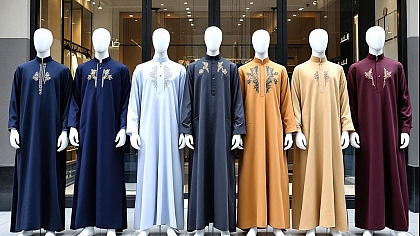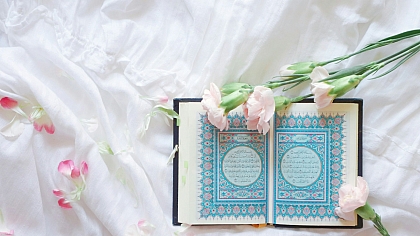
Hajj: A Journey of Faith and Spirituality
Hajj, the pilgrimage to Mecca, represents a defining moment in a Muslim's life, embodying a profound spiritual commitment and fulfilling one of the Five Pillars of Islam.
This annual pilgrimage, held during the Islamic month of Dhu al-Hijjah, draws millions of Muslims from across the globe, unified in their devotion to Allah (Subhanahu wa Ta'ala). We will take a look at the rich history, deep significance, and sacred rituals of Hajj while, Insha'Allah, offering helpful information about this unparalleled spiritual journey.
The Historical Roots of Hajj
Hajj's origins are deeply rooted in the time of Prophet Ibrahim (Alaihis Salaam), a key figure in Islamic tradition. The story begins with Allah's command to Ibrahim (Alaihis Salaam) to sacrifice his son Ismail (Alaihis Salaam) as a test of faith. Ibrahim's unwavering obedience led him to prepare for the sacrifice, but Allah (Subhanahu wa Ta'ala) intervened, replacing Ismail (Alaihis Salaam) with a ram, sparing his life. This act of devotion is commemorated during Eid al-Adha, which coincides with the culmination of Hajj.

The Kaaba, the central focus of Hajj, is believed to have been established by Ibrahim (Alaihis Salaam) and Ismail (Alaihis Salaam) as a sanctuary for the worship of Allah (Subhanahu wa Ta'ala). Though the surroundings of the Hajj have evolved over the centuries, the rituals remain deeply connected to the traditions set by these revered prophets.
The Profound Significance of Hajj
Hajj is more than a physical journey; it is a spiritual and emotional voyage towards Allah (Subhanahu wa Ta'ala). It symbolizes the unity of the Muslim ummah and the equality of all Muslims before Allah (Subhanahu wa Ta'ala). It is also a time for seeking forgiveness, renewing faith, and reflecting on one's relationship with the Divine.
Unity of the Muslim Ummah
Hajj serves as a powerful symbol of unity among Muslims worldwide. Every year, people from diverse cultures, languages, and backgrounds gather in Mecca, united by their shared faith. This global congregation exemplifies the universal brotherhood and equality in Islam, where distinctions of race, nationality, and social status are set aside. The simple white garments worn by all pilgrims emphasize this equality before Allah (Subhanahu wa Ta'ala).
Spiritual Transformation
Hajj is a transformative experience designed to purify the soul and strengthen one's faith and submission to Allah (Subhanahu wa Ta'ala). The physical and emotional challenges faced during Hajj encourage the development of patience, humility, and resilience. Pilgrims often experience profound spiritual renewal, seeking forgiveness for past sins and making a fresh commitment to living a righteous life.
Connection to History and Prophetic Legacy
The rituals of Hajj connect Muslims to the rich history of their faith and the legacy of the prophets, peace be upon them. These rituals commemorate key events in Islamic history, such as the trials of Prophet Ibrahim (Alaihis Salaam), Hajar's search for water, and the establishment of the Kaaba. This historical connection deepens a pilgrim’s understanding of their faith and the sacrifices made by those who came before.
Forgiveness and Redemption
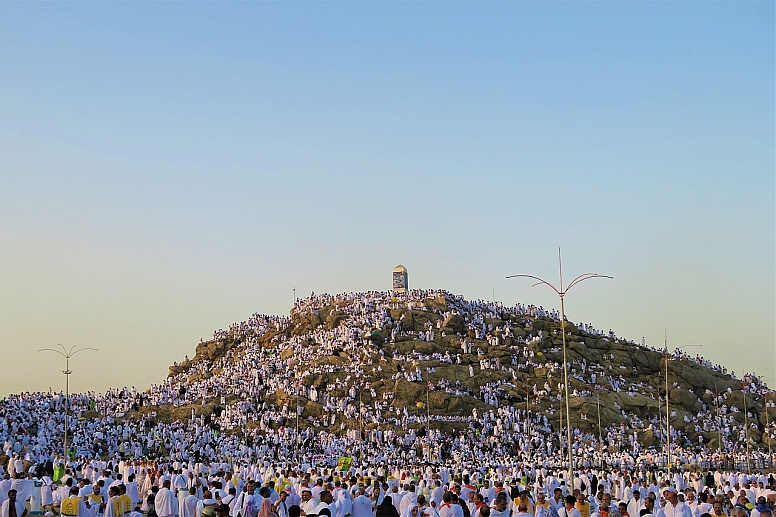
One of the most significant aspects of Hajj is the opportunity for forgiveness and redemption. Pilgrims believe that performing Hajj with sincere devotion and adherence to its rituals can cleanse them of past sins. The Day of Arafat, in particular, is a time of intense supplication, known as Du'a, and seeking Allah’s (Subhanahu wa Ta'ala) mercy, offering pilgrims a chance to start anew.
Renewal of Faith and Commitment
Hajj also serves as a means for Muslims to renew their faith and commitment to Islamic principles. The pilgrimage emphasizes the importance of obedience to Allah (Subhanahu wa Ta'ala), trust in His plan, and the values of charity, compassion, and humility. The lessons learned during Hajj are intended to guide pilgrims in their daily lives, encouraging them to live with renewed spiritual vigour.
Reflection and Gratitude
The experience of Hajj allows pilgrims to reflect on their lives, assess their spiritual state, and express gratitude for their blessings. The challenges faced during the pilgrimage often lead to a deeper appreciation for life's comforts and highlight the importance of spiritual well-being over material wealth.
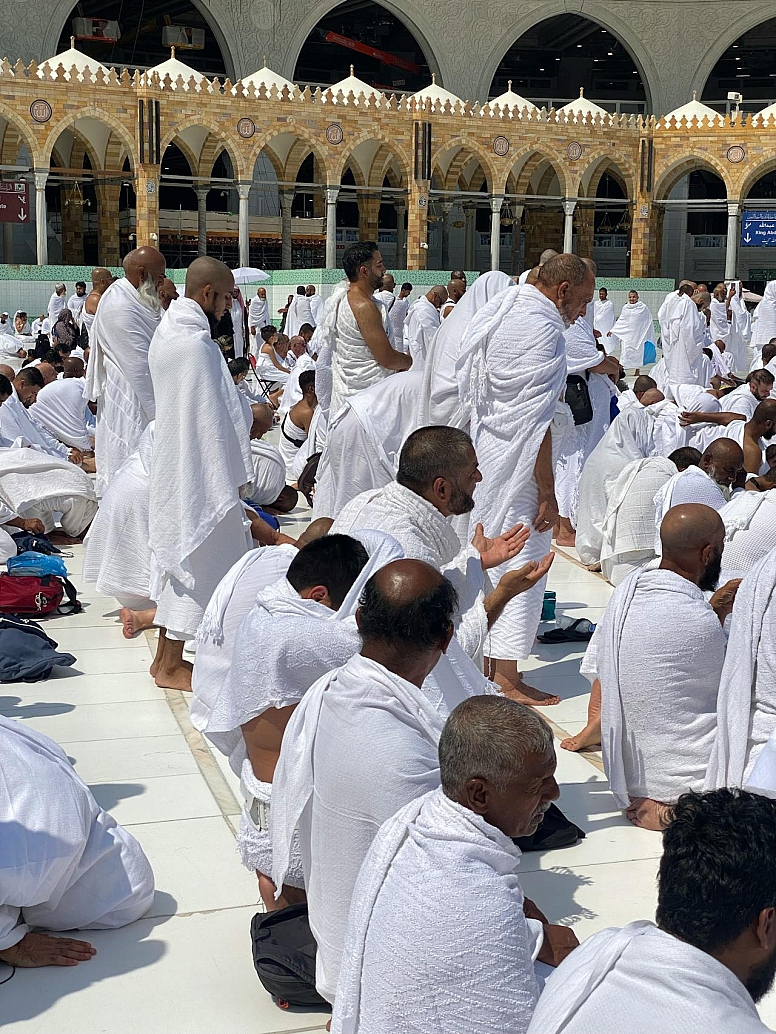
The journey of Hajj begins with entering the state of Ihram, where pilgrims don simple white garments symbolizing purity and equality before Allah (Subhanahu wa Ta'ala). This act marks the pilgrim's intention to undertake the sacred rituals with a pure heart. Following this, the rituals of Tawaf, circling the Kaaba seven times, and Sa’i, walking between the hills of Safa and Marwah, are performed, both deeply rooted in the history of Prophet Ibrahim (Alaihis Salaam) and his family.
The most spiritually intense moment comes during the Standing at Arafat, where pilgrims gather to pray and seek forgiveness, symbolizing the Day of Judgment. The journey continues with the collection of pebbles at Muzdalifah and the symbolic stoning of the devil at Ramy al-Jamarat, representing the rejection of evil. The act of Qurbani (sacrifice) follows, commemorating Ibrahim's willingness to sacrifice his son, a pivotal moment of submission to Allah's will.
After the sacrifice, men typically shave their heads in the act of Halq, while women cut a small portion of their hair, both actions signifying purification and renewal. The pilgrimage concludes with the Tawaf al-Ifadah and the Final Tawaf (Tawaf al-Wada), reinforcing the pilgrim’s connection to Allah and marking the end of this profound spiritual journey.
This journey is not only a physical one but also a deeply emotional and spiritual experience, encouraging pilgrims to reflect on their faith, seek forgiveness, and renew their commitment to the path of righteousness.
Global and Social Impact
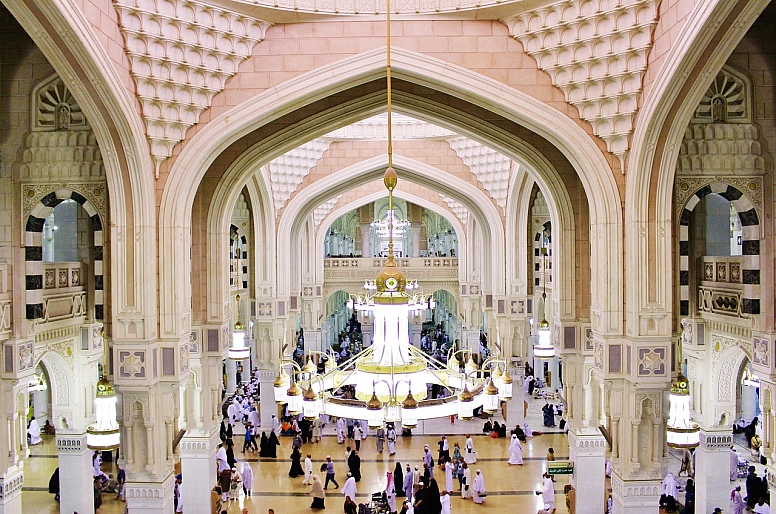
Hajj's significance extends beyond individual spiritual growth; it has a profound impact on the global Muslim community. The bonds formed during the pilgrimage foster mutual understanding and solidarity among Muslims from different parts of the world. This shared experience helps to cultivate a sense of global Muslim identity and promotes peace and cooperation within the broader ummah.
Economic and Social Contributions
Hajj also brings significant economic and social benefits. The influx of millions of pilgrims stimulates the local economy in Mecca, creating jobs and supporting businesses that cater to pilgrims' needs. Additionally, charitable acts performed during Hajj, such as the distribution of meat from the sacrifice, provide aid to the needy and reinforce the principles of social welfare in Islam.
Lasting Spiritual Rewards
The journey of Hajj leaves a lasting impact on the hearts and minds of those who undertake it. Pilgrims return home with a renewed sense of purpose, having experienced the profound mercy and blessings of Allah (Subhanahu wa Ta'ala). The spiritual lessons learned during Hajj inspire Muslims to lead lives characterized by faith, obedience, and compassion, striving to uphold the values central to Islam.
A Call to All Muslims
For every Muslim, the desire to perform Hajj is a cherished aspiration. Though it requires physical, emotional, and financial sacrifice, the spiritual rewards are immeasurable. Hajj is an invitation to draw closer to Allah (Subhanahu wa Ta'ala), to seek His forgiveness, and to renew one’s faith. It is a journey that every Muslim should strive to undertake at least once in their lifetime, as it promises to be a transformative experience with lasting spiritual benefits.
Hajj is not merely a pilgrimage; it is a profound journey of faith, spirituality, and personal growth. It reaffirms the unity and equality of the Muslim ummah and strengthens the connection to the rich history and teachings of Islam.
As Muslims around the world aspire to undertake this sacred journey, they are reminded of the enduring legacy of the prophets, the importance of obedience to Allah (Subhanahu wa Ta'ala), and the boundless mercy and blessings that await those who embark on this path. Hajj is an experience that resonates deeply within the hearts of the faithful, guiding them towards a life of righteousness and devotion.
10 Frequently Asked Questions About Hajj
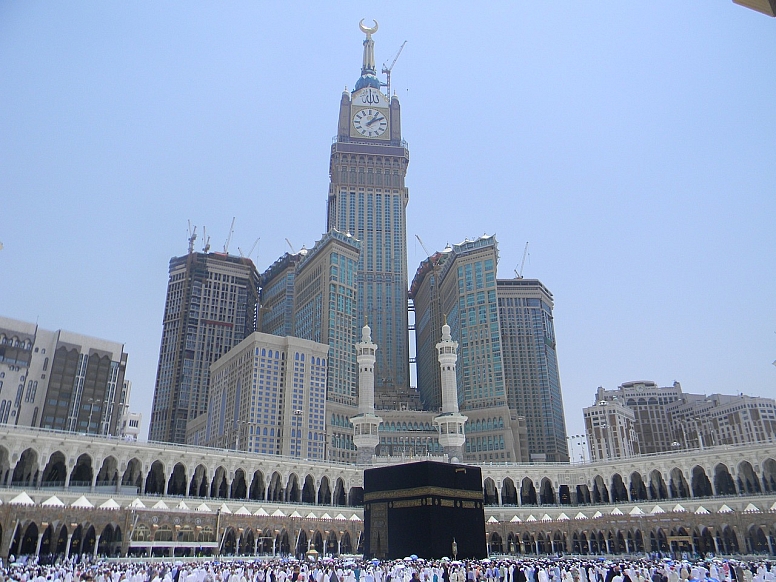
1. Who is eligible to perform Hajj?
Hajj is mandatory for every Muslim who is physically, mentally, and financially able to perform it. The individual must be an adult, free from any major debts, and in good health to undertake the journey. Hajj is only obligatory once in a lifetime.
2. What are the costs associated with Hajj?
The costs of performing Hajj can vary greatly depending on factors such as the country of origin, type of accommodation, and travel arrangements. Pilgrims typically need to budget for travel expenses, accommodation, food, transportation within Saudi Arabia, and Hajj-related fees. The overall cost can range from a few thousand to tens of thousands of dollars.
3. What is the significance of Ihram, and when is it worn?
Ihram is a state of spiritual purity and a specific dress code worn by pilgrims during Hajj. For men, it consists of two white, unstitched clothes, while women wear simple, modest clothing. Pilgrims enter the state of Ihram before crossing the Miqat (a designated boundary) on their way to Mecca, marking the beginning of the pilgrimage rituals.
4. How long does the Hajj pilgrimage take?
Hajj officially takes place over five days, from the 8th to the 12th of Dhu al-Hijjah, the last month of the Islamic lunar calendar. However, many pilgrims spend additional time in Mecca and Medina before or after these dates, so the entire trip can last anywhere from 10 days to several weeks.
5. What are the key rituals of Hajj?
The main rituals of Hajj include entering the state of Ihram, performing Tawaf (circumambulating the Kaaba), Sa’i (walking between Safa and Marwah), standing at Arafat, spending the night at Muzdalifah, stoning the pillars at Mina, performing Qurbani (sacrifice), shaving the head or cutting hair (Halq or Taqsir), and the final Tawaf al-Wada (farewell circumambulation).
6. Can women perform Hajj alone?
Traditionally, women are required to perform Hajj with a Mahram (a male relative such as a husband, brother, or father). However, as of recent rulings by Saudi authorities, women may now perform Hajj without a Mahram if they are part of a trusted group of women or with an organized tour group. Nevertheless, it is advisable for women to consult a knowledgeable Islamic scholar to determine whether this is permissible according to their specific school of thought and personal circumstances.
7. What is the significance of the Day of Arafat?
The Day of Arafat, which falls on the 9th of Dhu al-Hijjah, is considered the pinnacle of the Hajj pilgrimage. Pilgrims gather at the Plain of Arafat to pray, make supplications, and seek forgiveness from Allah (Subhanahu wa Ta'ala). It is believed that sincere prayers made on this day are accepted and sins are forgiven.
8. What happens if a pilgrim cannot complete Hajj due to illness or other reasons?
If a pilgrim falls ill or faces an emergency that prevents them from completing Hajj, they may appoint someone to perform the remaining rituals on their behalf, provided they have entered the state of Ihram and begun the pilgrimage. However, this is subject to specific guidelines, and scholars' advice should be sought in such situations.
9. Are there any restrictions on behaviour while in the state of Ihram?
Yes, while in Ihram, pilgrims must refrain from certain actions, including shaving or cutting hair, using scented products, engaging in marital relations, hunting, cutting trees, or getting into disputes. These restrictions help maintain the sanctity and focus of the pilgrimage.
10. How can one ensure their Hajj is accepted by Allah (Subhanahu wa Ta'ala)?
To ensure that Hajj is accepted, pilgrims should perform all rituals with sincerity, humility, and a clear intention to please Allah (Subhanahu wa Ta'ala). It is also important to seek forgiveness, avoid sinful behaviour, and engage in continuous prayer and reflection during the pilgrimage.


